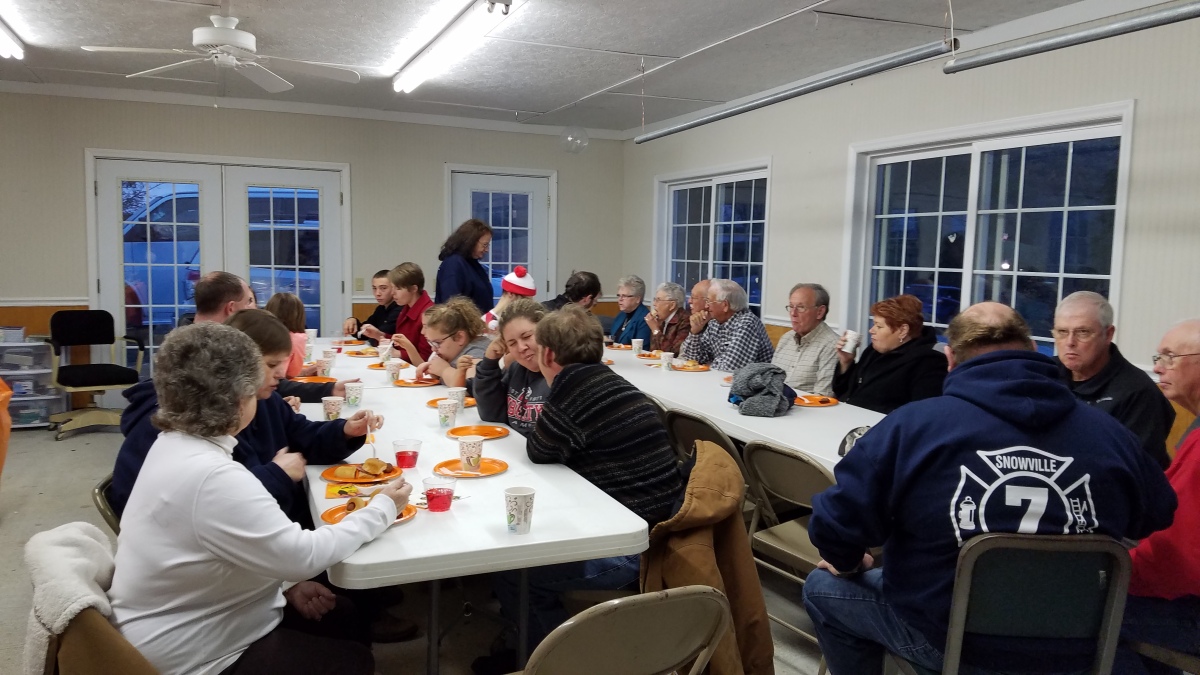When I was in college, pastoral ministry students had a sarcastic ministry title that we conferred upon people who made it their business to create in others a false sense of shame. We called it the ministry of condemnation. When that title was pronounced over someone, it meant that (s)he had slipped out of the role of confronting sin and into the dark art of manufacturing guilt where none was properly present.
Dig deeply enough into any human’s good works and you will find a shadow of imperfection. That is true because human beings are imperfect. Imperfect people do imperfect works, even when they do what they do with the best intentions and give best effort. If you look for the flaw, the flaw is all you will see. If you look for beauty, you will see the beauty that encircles the flaw.
I am imperfect. That neither alarms nor discourages me. Actually, it comes as no surprise to me. I made confession of it a very long time ago, so when folk call it to my attention, I am less than shocked. I work at Christian discipleship, and I do believe that I am moving on toward perfection, but if the gang in the backseat keeps chanting “Are we there yet?” the answer is a confident “NO.”
Conviction is cleansing. It is a walking out of darkness so that the clear light falls over us. It has a liberating quality about it that refreshes the soul. Every true disciple craves, and even seeks, conviction. To know our own faults so that we can make a pure confession and be restored is a priceless spiritual gift.
Condemnation, on the other hand, is a murky mess that clings to the soul, reducing its buoyancy and rendering it ineffective. While one rises from conviction restored, one can only wallow in condemnation or walk out of it. It is the mud that clings to our feet as we extract ourselves from unhealthy arrangements. Given time and distance, the mud dries and turns to dust. That is why Jesus told us “And whoever shall not receive you, nor hear your words, when you depart out of that house or city, shake off the dust of your feet.”
I know that we, as disciples, cannot deliver the grace of God to those unwilling to receive it. I also know that God uses a variety of ministry methods to appeal to different people, and that there will always be folk who are not drawn to, blessed by or transformed under my ministry. I will not fault those to whom my ministry does not speak. I do what I can. God will send others to do what I cannot.
I will always open my spirit to the Holy Spirit’s pure light of conviction. I will always listen to a friend’s concerns, and consider a differing perspective alongside my own. I will always reach for the higher calling. I do not run from the genuine confrontation of sin in my own life. I welcome it. But I really don’t have time or energy for condemnation. If I look down and see that my feet are getting dusty, I am going to shake it off.
Create in me a clean heart, O God;
and renew a right spirit within me.
Cast me not away from thy presence;
and take not thy holy spirit from me.
Restore unto me the joy of thy salvation;
and uphold me with thy free spirit.
Then will I teach transgressors thy ways;
and sinners shall be converted unto thee.Psalm 51:10-13 (AKJV)




